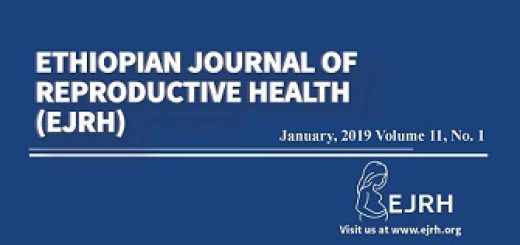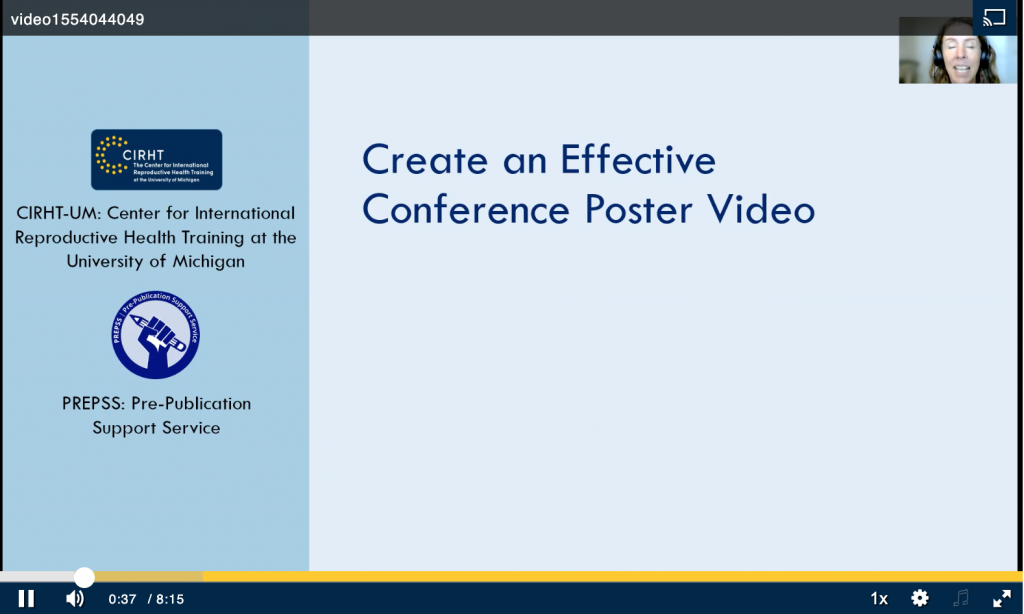Structured integration of family planning curriculum: Comparative assessment of knowledge and skills among new medical graduates in Ethiopia

Objective
To assess if structured integration of a comprehensive family planning (FP) training into a medical school curriculum improves FP knowledge and skill scores of medical interns.
Study design
We compared mean contraception knowledge scores of interns in a medical school with the integrated FP curriculum [intervention school] (n=56) to interns at four conventional medical curriculum schools without structured reinforcement of FP content [control schools] (n=161) in Ethiopia. A survey with 19 multiple choice contraception questions was administered. We also compared the mean contraception skills scores of the two groups at four Objective Structured Clinical Examination (OSCE) stations. The survey included self-reported number of contraception procedures and self-assessed competencies on a Likert scale.
Results
217 interns who have completed an Ob-Gyn rotation participated in the study. Interns from the intervention school reported performing substantially higher numbers of contraception procedures and rated themselves as being competent/highly competent across all procedures compared to the control schools (p<.001 for both). The mean knowledge score was significantly higher in the intervention school [13.1 vs. 8.7, difference 4.5, 95% CI: (3.7–5.2), p<.001]. The mean contraceptive implant insertion skill score was two-fold higher for interns in the intervention school [22 points vs. 11, difference 10.7, 95% CI: (8.6–12.8), p<.001 out of a maximum possible point of 30]. Statistically significant differences in skill scores were also observed for intrauterine device IUD insertion [15 vs. 12, p<.01] and implant removal [11 vs. 9, p=.01].
Conclusion
A structured integration of family planning curriculum was associated with higher scores in knowledge, clinical skills, and self-assessed competencies.
Implications.
Integrating comprehensive family planning training in medical curriculum can lead to graduating physicians who are more competent to offer the full range of FP options.







